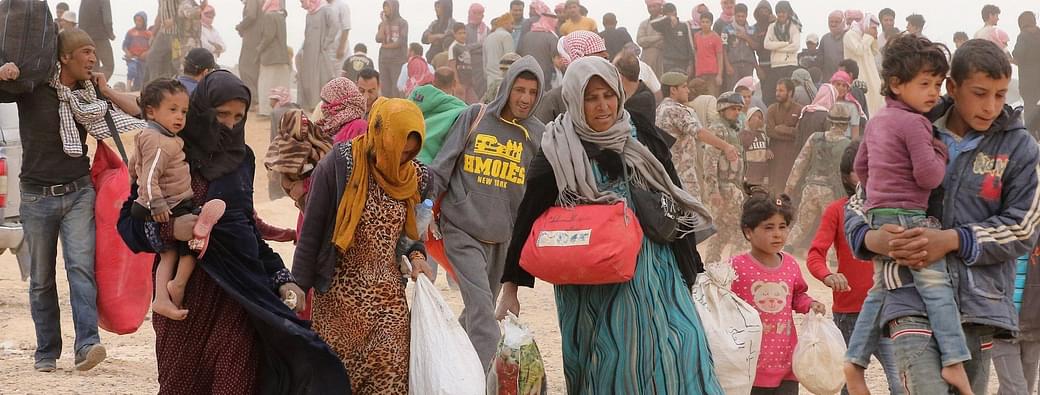Latest Research on Refugees & Migrants
7 Research Studies.
The Journal of Nonprofit Innovation spotlights seven research studies on refugees and migrants around the world that discuss the mental health of refugees in refugee camps, European Union policies, Jewish and Syrian refugee mindset on why nations have chosen to admit or not admit refugees, Canada's experience with TGNC refugee population, US policy, and more. Here is a short explanation of each study and a link to the full article.
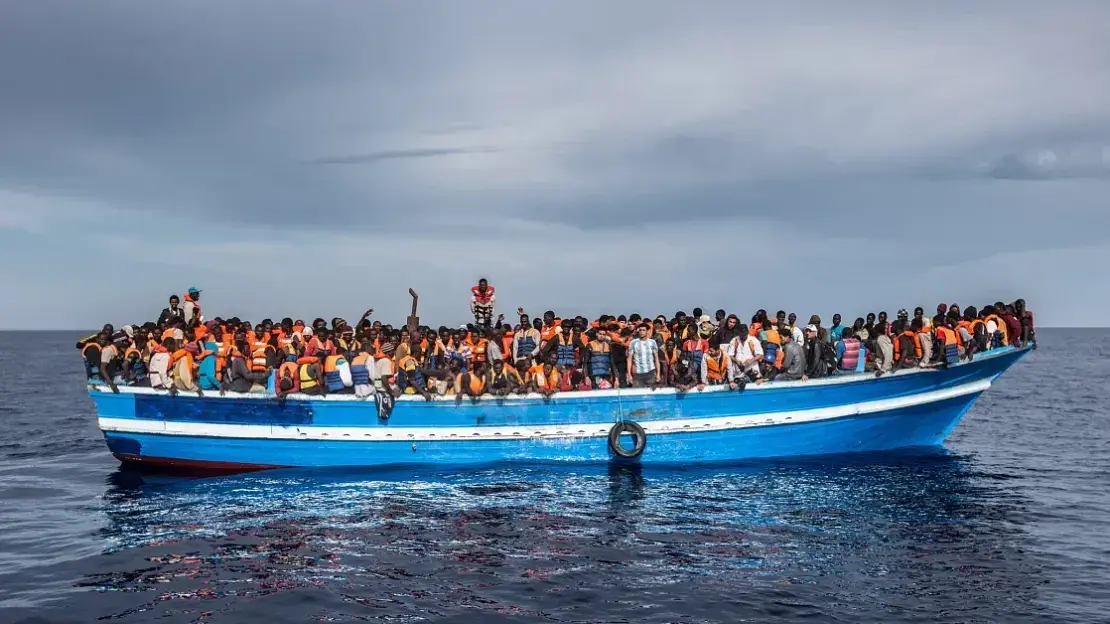
Summary 1
Mental Health Consequences of Long-Term Stays in Refugee Camps: Preliminary Evidence from Moria
Refugees that enter Greece via sea are confined to the island on which they arrive until their asylum claims are adjudicated, where they generally reside in camps. Some of these camps have detention-like characteristics and dire living conditions, such as Moria camp on the island of Lesbos, Greece. The study found a significant and independent association between the length of stay in the camp and acute mental health crises among refugees.
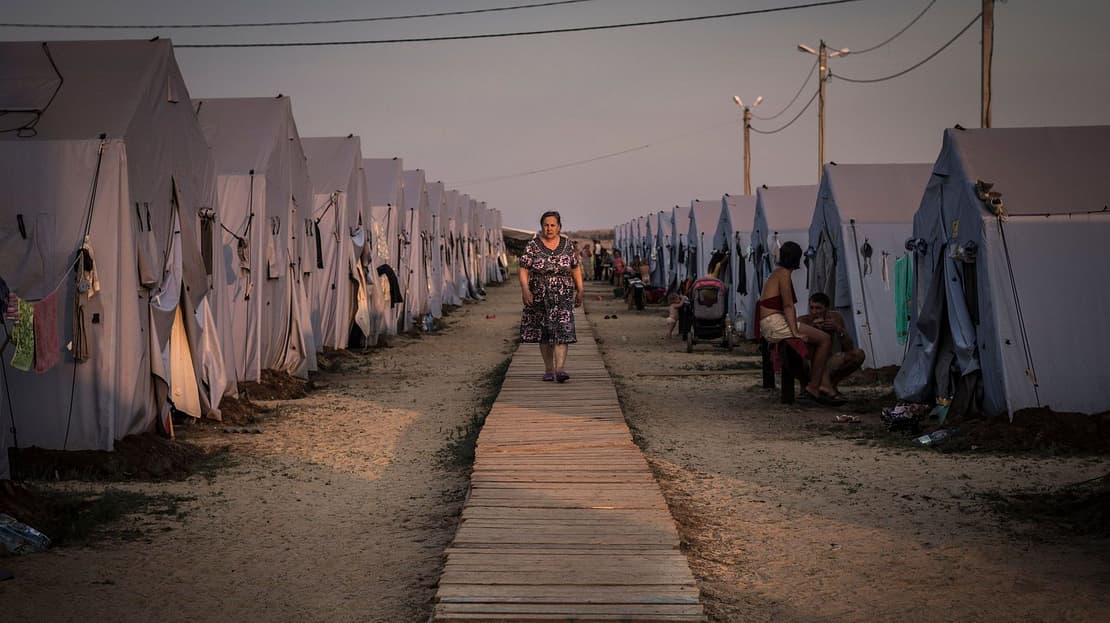
Summary 2
Responding to the Ukraine Refugee Health Crisis in the EU
The essay highlights the challenges in measuring and tracking the health situation among Ukraine refugees, the need for improved mental health and psychosocial services, and concerns regarding vaccine distribution and acceptance. It calls for competent and well-resourced governments to take a leading role in a localized response, reducing reliance on international agencies, and fostering strong relations between host countries and refugee communities.
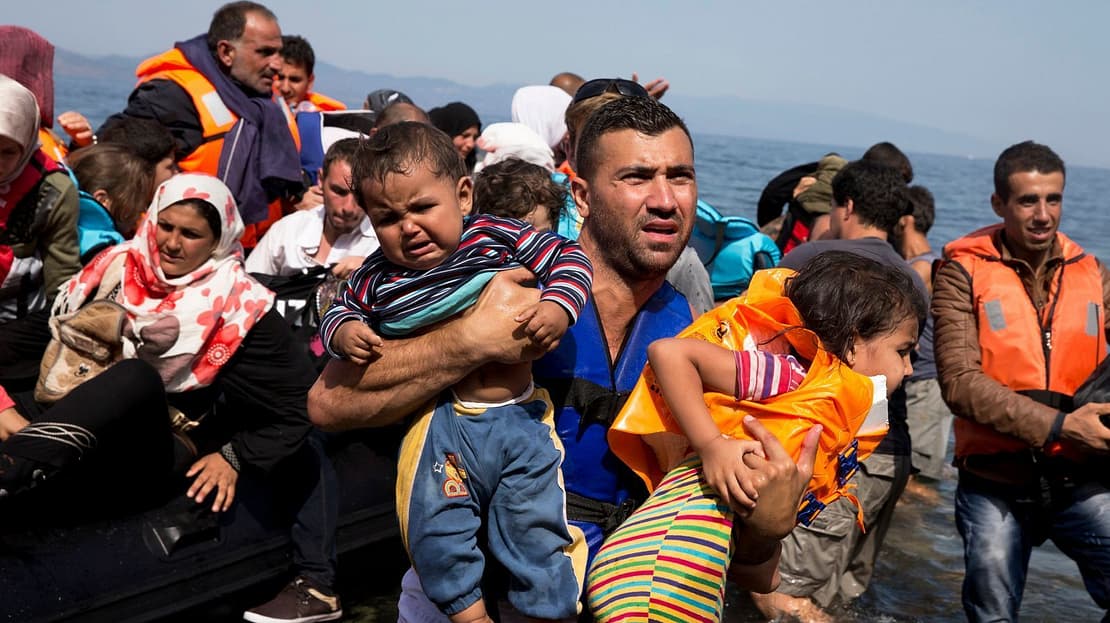
Summary 3
The Crisis of the Refugee: An Exploration of Why Nations Have Chosen to Either Admit or Prohibit Refugees Entrance in Times of Crisis
The formulation of refugee policies by governments is influenced by several forces. This essay examines two types of actions: (1) isolated government action, which is driven by security concerns and ideology, and (2) public opinion, which is shaped by racial/cultural differences and perceived economic impact.

Summary 4
Making Migration Policy to Save Europe
The study reveals that policymakers in the European Union primarily evaluate migration and asylum policies based on their foreseeable consequences for Europe. The essay also provides an in-depth examination of various treaties and agreements that have shaped European migration and asylum policies.
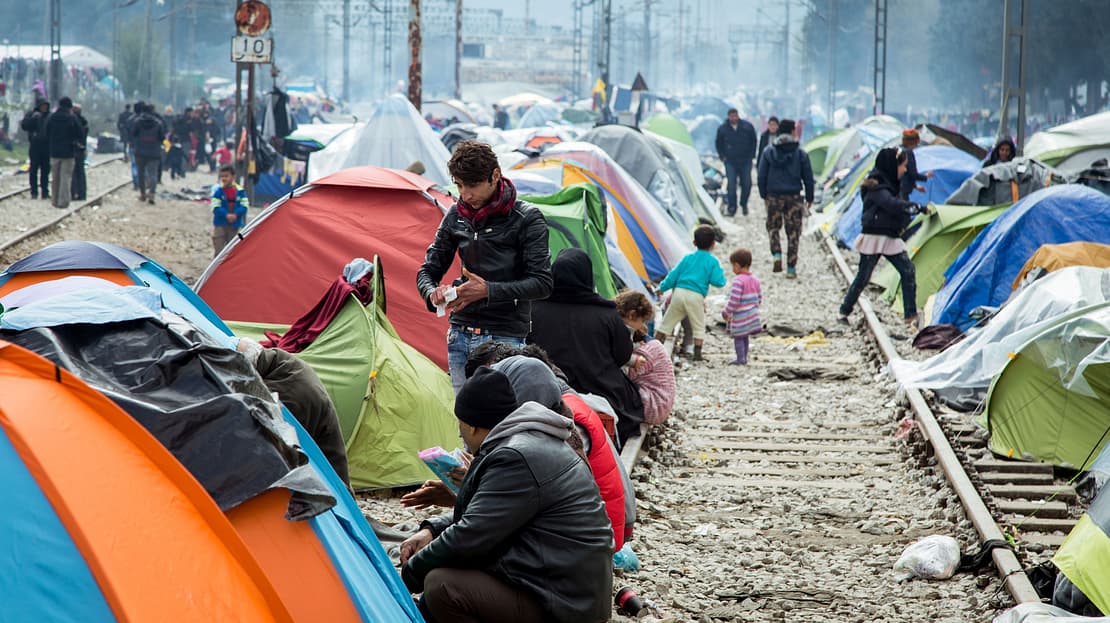
Summary 5
Embodied Migrations: Mapping Trans and Gender NonConforming Refugee Narratives in Canada’s Refugee Regime
Thirteen percent of all 18,221 asylum claims to Canada between 2013 and 2015 were filed based on sexual orientation. The trans and gender non-conforming (TGNC) refugees continue to face barriers accessing housing, income, healthcare, and sociality while trying to navigate life in their new country–barriers disproportionately harder to overcome than barriers for non-TGNC refugees.
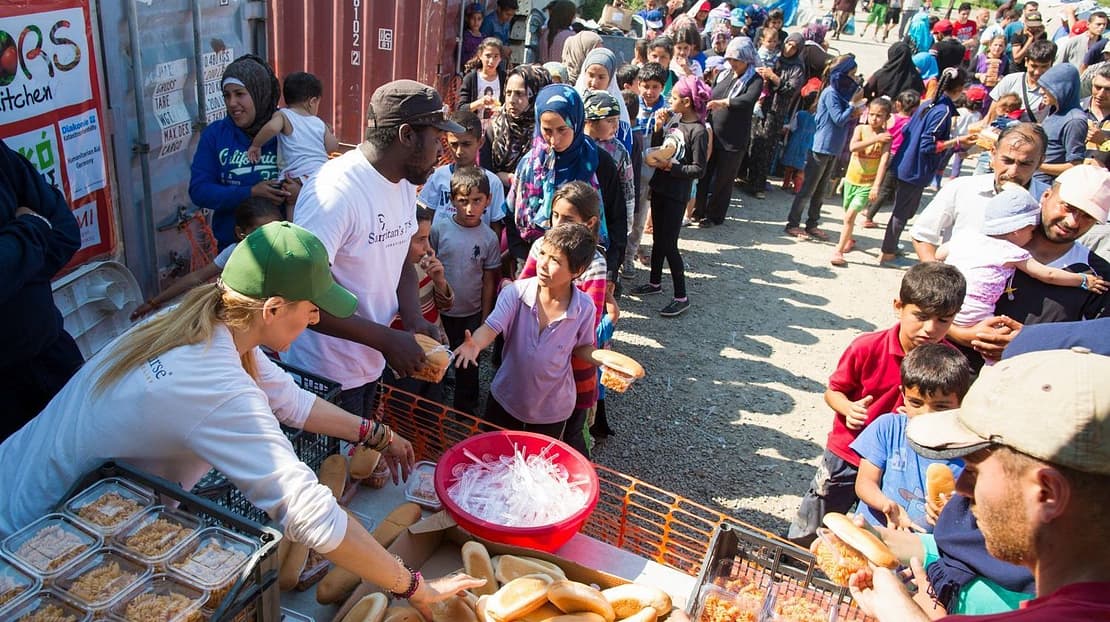
Summary 6
Resettled Refugee Students’ Needs and US Policy: A Critical Literature Review
This study focused on identifying the educational needs of resettled refugee students and how these needs can be supported through policy. The US has admitted 95,000 refugees per year on average for resettlement since 1980. The Refugee resettlement process can take up to 2 years to complete. Around 40% of the nearly 80 million forcibly displaced persons globally are children under the age of 18. This essay addresses the students' needs and opportunities to support them.

Summary 7
COVID-19, Asylum Seekers, and Migrants on the Mexico–US Border
“This article investigates legislative fear amid the COVID-19 widespread and its relationship with the Mexico-US border and border policy. The authors analyze a variety of approaches, which abuse and oust refuge searchers, especially individuals from El Salvador, Guatemala, Honduras, and Mexico. The article highlights how these arrangements damage laws and worldwide settlement obligations. Within this setting, refuge searchers have ended up targets of abuse.


